Demolition CONTRACT
Jim Clark Contractors
Free Template
Clear the Way with Confidence: Draft demolition contracts to outline project details, ensure payment, and keep all parties informed during the teardown process.
Before you start smashing things, get your ducks in a row with a solid demolition contract! It's like a blueprint for a successful project, covering:
Think of it as the project's pre-game plan. Get it right, and you’ll score a touchdown with a smooth, hassle-free demolition.

From houses to factories, demolition contracts are essential for anyone taking down structures or clearing land. Here's a breakdown of who might need one:
No matter what kind of demolition, a contract is key for defining the work, safety, and payment terms.

When it comes to demolition contracts, don't get wrecked by dodgy terms!

Before knocking things down, it's important to be prepared.
Having a solid paper trail keeps everyone accountable.

Creating a demolition contract can be hard to even start! Butterscotch has templates to make starting the contract drafting process painless. Here's why it's awesome:
Butterscotch makes it easy to create, customize, and manage these contract templates, so you can focus on the job at hand.

Jim Clark Contractors
Jim Clark Co.
This Demolition Contract ("Agreement") is made and entered into on [Date], by and between:
1. Property Description: The demolition work will take place at the following location: [Legal Description of the Property, including address].
2. Grant of Access: The Property Owner grants the Demolition Contractor and any subcontractors access to the property to perform the agreed-upon demolition work. Access will be granted to the following areas: [Specify areas]. The Contractor may access the property during the following days and times: [Specify days and times]. Tools, materials, and waste may be stored in the following locations: [Specify locations and procedures].
3. Right to Inspect: The Property Owner retains the right to inspect the work at any reasonable time to ensure compliance with the terms of this Agreement.
4. Scope of Work and Timeline: The Demolition Contractor agrees to perform the following demolition work:
5. Project Timeline:
6. Price and Payment Terms:
7. Ownership of Materials: All materials created by the demolition project, including debris, will be [specify ownership, e.g., retained by the Contractor or Property Owner].
8. Responsibilities of Each Party:
9. Safety Procedures: The Contractor will follow the following safety procedures during the demolition project: [Specify safety procedures, including any relevant OSHA guidelines or local regulations].
10. License, Permit, and Insurance Requirements:
11. Unforeseen Circumstances/Acts of God: Neither party will be held liable for failure to perform their obligations under this Agreement due to unforeseen circumstances or acts of God (e.g., natural disasters, severe weather, pandemics).
12. Amendments: This Agreement may be amended only by a written document signed by both parties. Any changes must be discussed and agreed upon before they take effect.
13. Termination:
14. Dispute Resolution and Remedies:
15. Indemnification: Each party agrees to indemnify and hold harmless the other party from any claims, damages, or liabilities arising out of the performance of this Agreement, except in cases of gross negligence or willful misconduct.
16. Attachments: The following documents are attached to and form part of this Agreement:
17. Signatures: By signing below, the parties agree to the terms and conditions outlined in this Demolition Contract.
This Agreement constitutes the entire agreement between the parties and supersedes all prior negotiations, representations, or agreements, whether written or oral. This Agreement may be executed in counterparts, each of which shall be deemed an original, but all of which together shall constitute one and the same instrument.
Answers to our most asked questions about demolition contract templates
Contact usDiscover more articles that align with your interests and keep exploring.